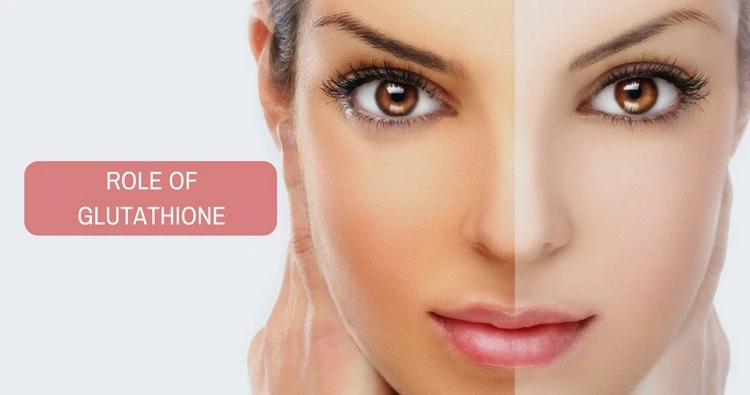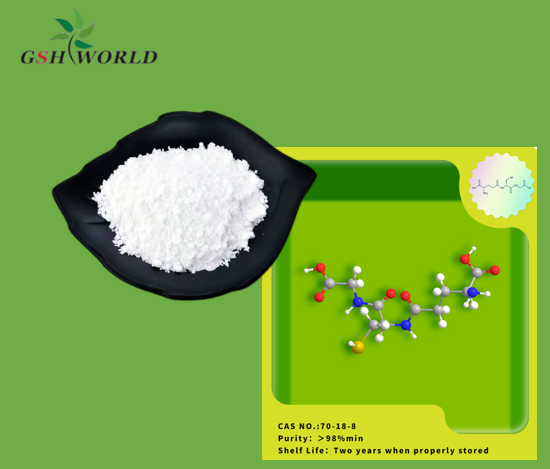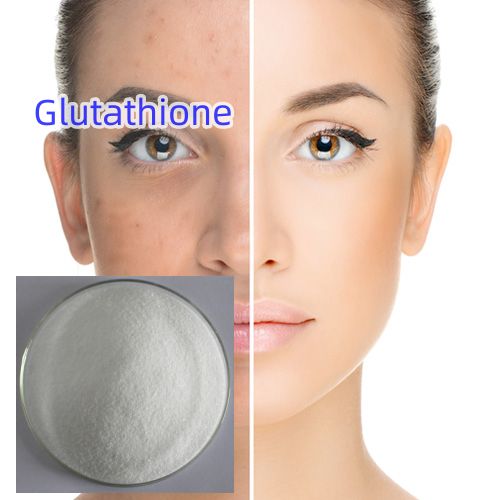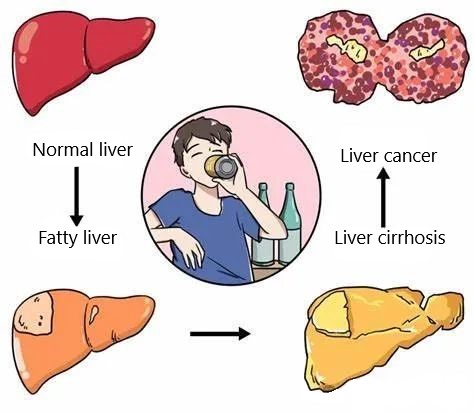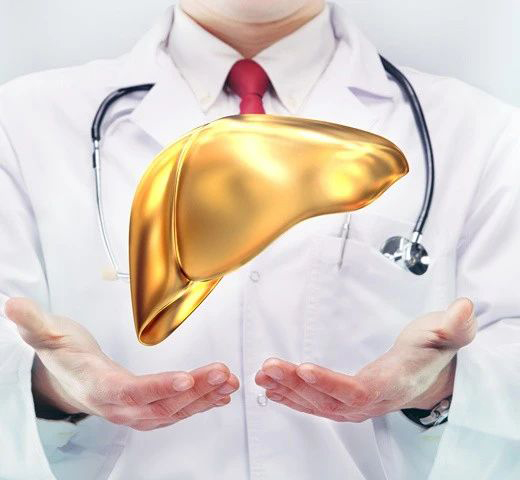Everyone wants a fairer skin complexion because skin color plays an important role in sociosexual communication. It is a universal desire to retain flawless fair skin. To attain this, individuals are seeking faster and most effective ways for getting lighter skin tones. glutathione
There are many products available over the counter like Hydroquinone, vitamin C serum, vitamin E, Niacinamide (Nicotinamide), glycolic acid, arbutin, Kojic acid and a few new products like pycnogenol, marine algae extracts, soy, Boswellia, etc. All are used in the form of local applications. These products have variable effects from person to person. As systemic skin-lightening agents various products are tried like l-cysteine peptide, Tranexamic acid and different plant extracts. But, glutathione has become more popular due to its fastest skin lightening action and also, because of wide social media coverage.
What Is Glutathione?
Glutathione is a peptide derived from three amino acids glutamate, cysteine and glycine. It is a known antioxidant and detoxifies xenobiotics. Its skin lightening effect was detected incidentally. Skin lightening was noticed in a patient as a side effect of large doses of GSH, which was given for some other disease and then onwards, it has become more popular as a skin lightening agent.
How Does It Work as a Skin Lightening Agent?
Tyrosinase is an enzyme, which helps in melanin synthesis (melanin is a pigment, which decides color of the skin). Glutathione inhibits this enzyme, so less melanin is produced and the skin becomes light. Besides this, it also switches the production of eumelanin (produces dark brown color) to pheomelanin (produces yellow-red color), which leads to lightening of the skin.
Frequently Asked Questions
1. What Is the Role of Glutathione in the Body?
Glutathione an important antioxidant, and it also involved in the detoxification of certain compounds. An antioxidant helps fight free radicals. Free radicals cause oxidative cell damage, which can lead to inflammation and various health issues. The following includes some of the roles of glutathione
- Direct neutralization of superoxide radicals.
- Co-factor for several antioxidant enzymes.
- Regeneration of vitamins C and E.
- Neutralization of free radicals due to the metabolism of toxins in the liver.
- Transportation of mercury out of the cells.
- Regulation of cell cycle.
- Maintenance of the function of mitochondrial DNA.
- Supporting immune function and forming sperm cells.
2. What Is the Effect of Glutathione on the Skin?
In addition to its antioxidant properties, the discovery of its anti-melanogenic properties has led to its promotion as a skin lightening agent. It may affect skin pigmentation by inhibiting tyrosinase activity either directly or indirectly. It is available in oral, parenteral, and topical forms. But there is no evidence to prove its efficacy.
3. Compare the Benefits of Collagen and Glutathione?
Collagen deals with the esthetics of skin aging, whereas glutathione is an antioxidant that helps fight against free radicals, which can damage your body’s cells and affect many body functions.
Collagen gives the skin its strength and elasticity, replaces dead skin cells, and renews them. It also has a skin-lightening property by deactivating the tyrosinase enzyme that produces the pigment. They keep the skin from sagging, whereas glutathione is a form of antioxidant that naturally neutralizes the free radicals, detoxifies, and helps boost immunity.
4. Does Glutathione Cause Obesity?
Glutathione helps burn fat and helps the liver remove toxins, leading to losing weight. Several kinds of research indicate that low GSH levels associated with less fat-burning and higher rates of fat-storing in the body.
5. What Are the Therapeutic Uses of Glutathione?
- Male infertility.
- Plaque deposits in arteries.
- Cancer.
- Chemotherapy adjunct.
- Immunostimulant.
- Liver diseases.
- Lung diseases.
- Memory loss.
- Parkinson disease.
6. Are Glutathione Pills Safe?
Glutathione is safe when used in doses up to 500 mg daily for up to two months. There is not much information available about its possible side effects.

